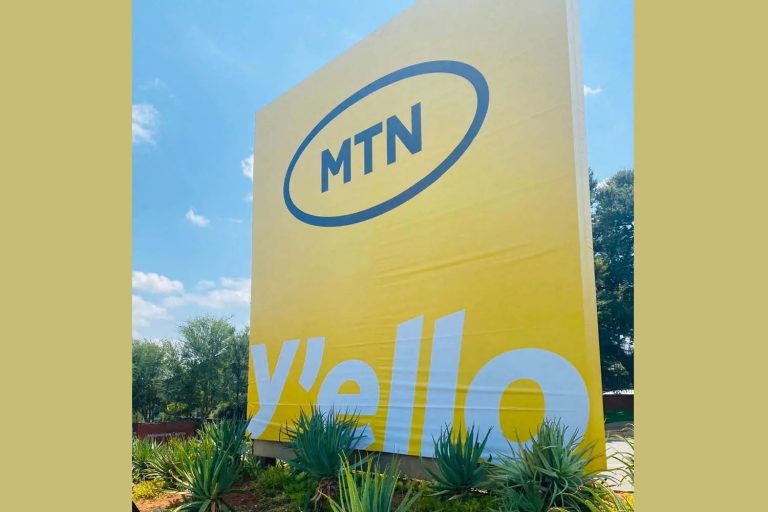
On Friday, MTN Nigeria Communications Plc unveiled an open 5G pilot, announcing its plan to roll out 5G services in seven Nigerian cities – Lagos, Abuja, Port Harcourt, Ibadan, Kano, Owerri, and Maiduguri soon.
The Nigerian Communication Commission (NCC), had in December 2021, announced MTN and Mafab as the two successful winners of the 3.5 gigahertz (GHz) spectrum auction for the deployment of Fifth Generation technology. The telecom regulator thus set August 24, 2022 as timeline for the licensees to begin the rollout.
However, only MTN has commenced its rollout. This is because Mafab experienced delay in its issuance of Unified Access Service Licence and Numbering plan by the NCC. The telco was granted a five-month extension to roll out 5G services.
Register for Tekedia Mini-MBA edition 19 (Feb 9 – May 2, 2026): big discounts for early bird.
Tekedia AI in Business Masterclass opens registrations.
Join Tekedia Capital Syndicate and co-invest in great global startups.
Register for Tekedia AI Lab: From Technical Design to Deployment (next edition begins Jan 24 2026).
MTN said the redeployed 5-Generation infrastructure will be tested in anticipation of its launch by allowing customers with 5G-enabled devices to connect and try out the service where there is coverage.
The Chief Marketing Officer, MTN Nigeria, Adia Sowho, said during the pilot test that “Every major technological evolution redefines what is possible – changing the way we live and the way we connect.
“MTN Nigeria has been at the forefront of every leap in telecommunications: from GSM to 2G, 3G, and 4G. 5G has the potential to change everything. It will allow us to connect, create, collaborate, and compete in ways we’ve not even begun to imagine.”
She added on Friday, during a chat on Arise TV’s Global Business Report, that 5G technology has come with a lot of benefits that Nigerians can’t afford to miss out on.
“By the end of this year, we will cover 80-90 per cent of the population from MTN NIGERIA. These things take time but a lot is required in educating the users to understand why technology is being deployed, how it is useful and what benefits it offers.
“At the end of 2021, there were only 85 countries in the world that had launched 5G. For Nigeria to be at the forefront of the launch of such a revolutionary technology is amazing and could not have been done without the government’s support,” she said.
However, the affordability of 5G devices may hinder the service adoption in Nigeria, even though there has been significant increase in the number of 5G devices available globally since 2020.
According to ‘Ericsson Mobility Report, more than 615 million units of 5G devices were shipped in 2021, more than double the number shipped in 2020. The report added that over 650 5G smartphone models have now been launched, accounting for 50% of all 5G devices by form factor.
However, their costs have come very high for most Nigerians earning below $50 dollars monthly.
In an interview with Punch last month, Vice President, Global Telecommunications Industry, IBM, Craig Wilson, pointed at the affordability of 5G devices as the biggest threat to successful rollout of 5G services in Africa.
He said that although some device manufacturers have committed to bringing costs down to around $150, the cost of a 5G device currently runs around $350, making them unaffordable for many.
“Still, many industry analysts believe that 5G devices need to be at about $50 to support mass adoption across Africa. The high cost of 5G phones is a major impediment, and it impacts the launch the fifth generation network on a commercial scale when there are not enough mobile devices capable of receiving it.
“We can see the effects on 5G rollout when we compare Africa to other continents. Globally, the rollout of 5G has been in process since 2019. Yet deployment across Africa has been much slower, with only 6 African countries having launched the network,” he said.




CANON